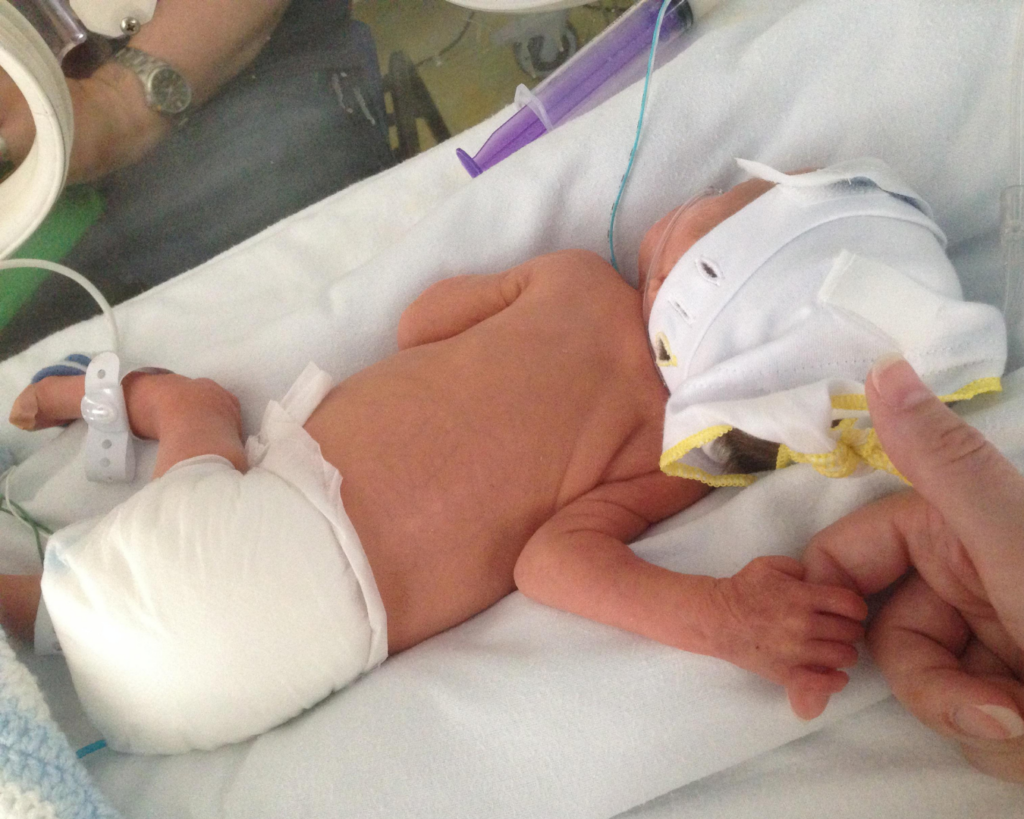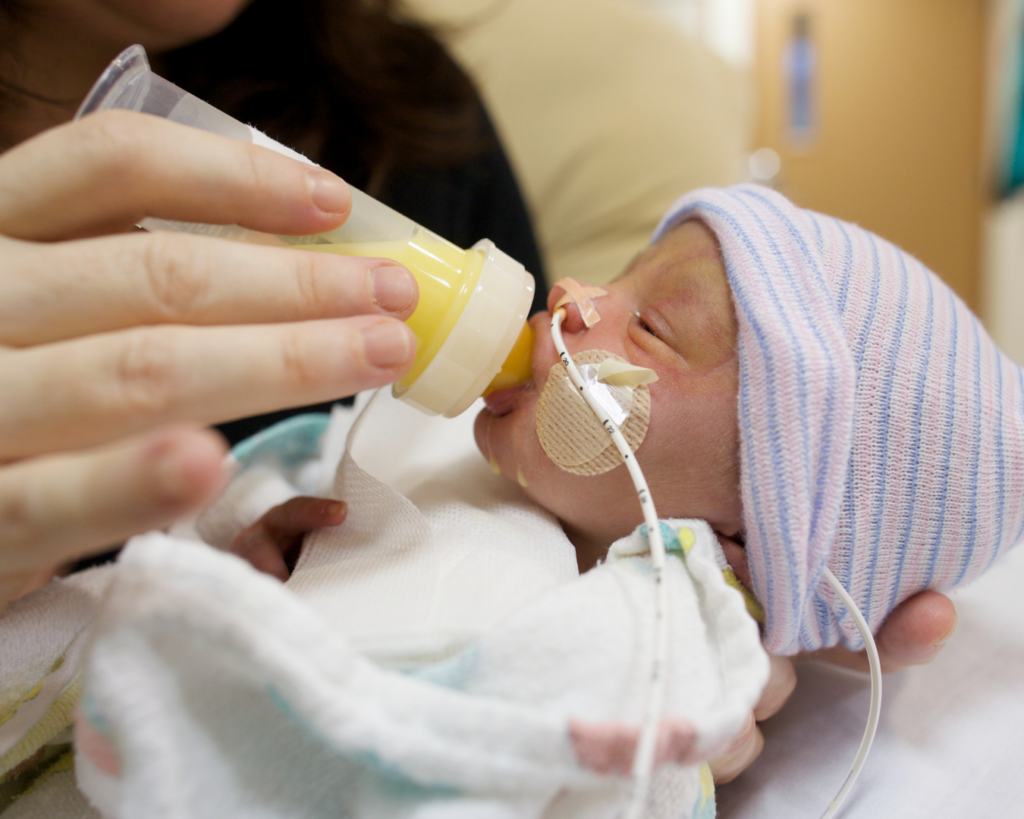5 Ways Physical Therapy Supports Your Preemie’s Development


Got a tiny but mighty preemie on your hands? I know you’re wondering how their preemie development will unfold—but don’t stress! Preemies may start off with a few extra challenges, but with the right physical therapy, they can catch up like the little fighters they are. Let’s dive into how PT supports preemie development, helping your baby grow, move, and hit those BIG gross motor milestones.
What Exactly Is a Preemie?
A “preemie” is a baby who decides to make their grand entrance before 37 weeks—or as I call them, fashionably early. Full-term pregnancies last around 40 weeks, so preemies often face developmental delays since their organs and muscles have had less time to fully develop in the womb. But don’t worry—these tiny guys are resilient, and with the right care, they can thrive!

What Is Preemie Development?
Preemie development refers to how these little ones grow, gain strength, and reach important milestones after birth. Since they were born earlier than expected, their development is often tracked using adjusted age. Adjusted age is calculated by subtracting the number of weeks a baby was born early from their actual age. This gives a more accurate picture of their developmental progress. For example, if a baby was born 8 weeks early and is now 12 weeks old, their adjusted age would be 4 weeks. This helps set realistic expectations for milestones like head control, rolling, and sitting. Physical therapy supports preemies as they build strength, improve coordination, and work toward those exciting firsts, all while considering their adjusted age.
1. Bridging the Gap Between NICU and Home Care
Physical therapists play a key role in supporting preemies as they grow, whether they’re newly home from the NICU or a little further along in their journey. We’re here to help closely monitor their progress, ensuring they’re growing as expected and addressing any delays along the way. But we’re not just here for your baby—we’re here for YOU, too! We’ll teach you all the tricks, from the best ways to hold and position your preemie to simple exercises that support their muscle and joint development.
Preemies are more susceptible to conditions like torticollis (tight neck muscles) and positional plagiocephaly (flat spots on the head) due to their early arrival. Physical therapy helps reduce these risks through repositioning, encouraging head movement, and promoting balanced muscle development. By integrating chiropractic care, we enhance our approach at KinActive, providing comprehensive support to help these little ones adjust and thrive from day one. Early intervention is key to preventing these challenges from becoming long-term concerns.
2. Strengthening Core and Neck Muscles
One of the most important aspects of physical therapy for preemies is building core strength. Babies need strong core muscles to control their head, sit up, roll over, and eventually walk. These tiny fighters often need additional time to develop these muscles, so physical therapists use targeted exercises to help them build up their strength.
3. Postural Control and Movement Coordination
Developing postural control is vital for your baby to sit, crawl, and eventually stand. Preemies, especially those with lower muscle tone or coordination issues, may need additional help in achieving these abilities. Physical therapy provides the guidance and exercises that build coordination, allowing your baby to control their body more effectively.
Therapists will also monitor your baby’s posture, offering advice on how to position them throughout the day, like while they sleep or play. This helps avoid issues such as asymmetry or developing a preference for one side, which can lead to problems with posture and movement down the line.
4. Improving Hypotonia (Low Muscle Tone)
Hypotonia, or low muscle tone, is common in preemies and can make basic movements like lifting the head, reaching for toys, or rolling over difficult. Physical therapy focuses on strengthening weak muscles and encouraging the baby to use their muscles more effectively. Stretching tight muscles and gentle strengthening exercises will help your baby engage in these important early movements, getting them closer to their milestones and ensuring they develop strength evenly across both sides of the body.
5. Customized Plans for Your Baby’s Unique Needs
Physical therapy for preemies is individualized. Every baby is different, so therapists create customized exercise plans based on their specific needs. Parents play a key role in this process, as therapists educate them on how to incorporate exercises into their daily routine. This hands-on approach ensures that babies receive the right support.

Recognizing Red Flags In Preemie Development
It’s important to be aware of potential developmental delays that could arise in preemies. Keep an eye out for the following red flags:
- Lack of head control by 3 months (adjusted)
- Asymmetrical posture (favoring one side)
- Trouble tolerating tummy time
- Not reaching out to toys or objects by 2–3 months (adjusted)
If you notice any of these signs, don’t hesitate to reach out. Early intervention can help address these concerns and support your baby in reaching their developmental milestones.
The Power of Physical Therapy for Preemies
Physical therapy is a game-changer when it comes to supporting preemie development, helping your little one catch up and hit those big milestones. By teaming up with a pediatric PT, you’re giving your baby the best chance to build strength, improve coordination, and reach their full potential. With the right exercises and guidance, your little one will grow strong and confident, moving toward each milestone in their own time.
Every baby’s journey is unique, but with PT in your corner, your child will have the support they need for a happy, healthy development.



